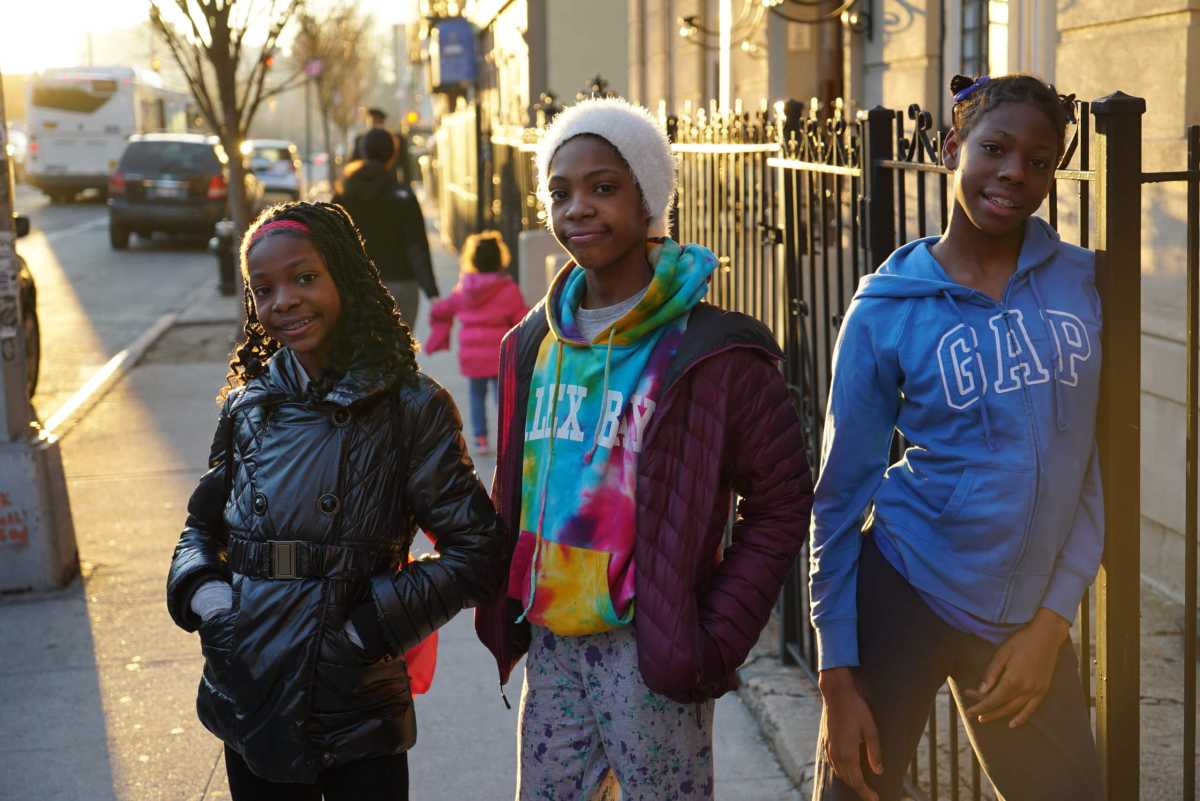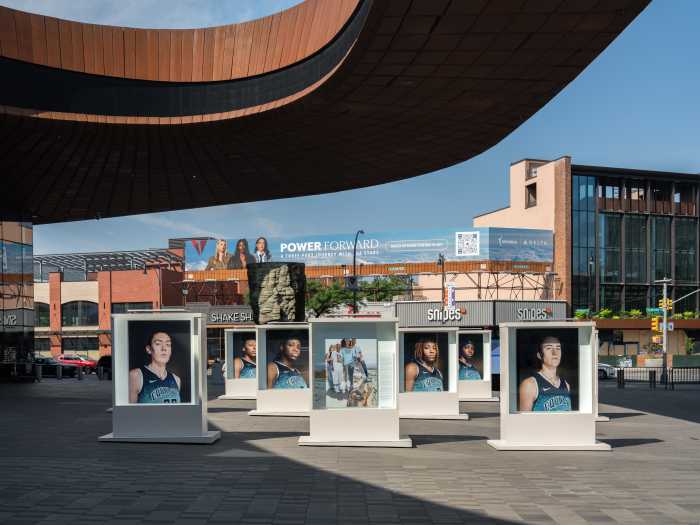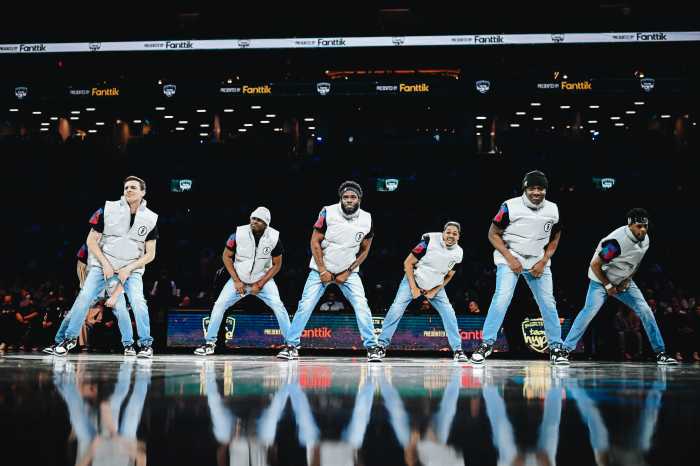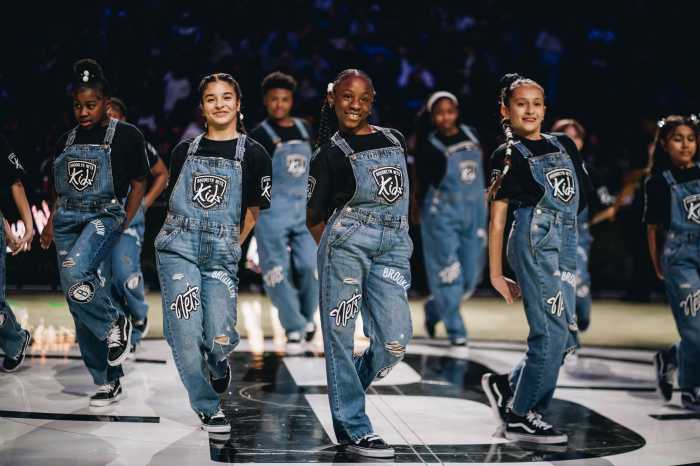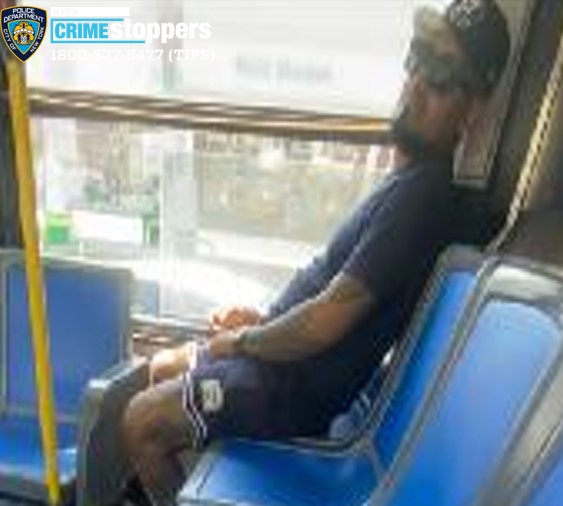A new Netflix documentary follows the lives of three Brooklyn sisters who were launched into the spotlight after their 2016 wins at the Junior Olympics.
“Sisters on Track” centers around the Sheppard sisters: Tai, Rainn, and Brooke. They were thrust into the national spotlight in 2016 with their first-time wins in track and field at the Junior Olympics and ultimately landed on the cover of Sports Illustrated Kids as “SportsKids of the Year.”
With their mother Tonia Handy, the Sheppard sisters are able to move from being homeless to a new apartment in Bedford-Stuyvesant (with Tyler Perry covering the rent for two years) while they continue to train under Coach Jean Bell in the Jeuness Track Club while experiencing the growing pains associated with teenagehood, school, competition, and more as they recover from being homeless.
A lifelong runner herself, Bell started the Jeuness Track Club in 1985 after finishing up her time at law school. The Brooklyn-based club was ultimately created to give young girls a chance to grow in the track and field sport while excelling in academic achievement and life experiences. Bell originally came across the Sheppard sisters at a track meet that the girls were signed up for on a whim in 2015.
“I’m also the deputy director of the local Colgate Women’s Games. I was working at a track meet looking for new talent when my niece pointed out some girls that looked promising,” said Bell. “I approached them and asked if they were interested in running for a team. It was separate times, I didn’t know they were related — I saw Tai and Rainn at the same time and didn’t realize they were sisters. I gave them each team cards and told them to have their mother call and we’ll tell you about practice. I had given one to Brooke too. They all ended up coming to practice the next week.”
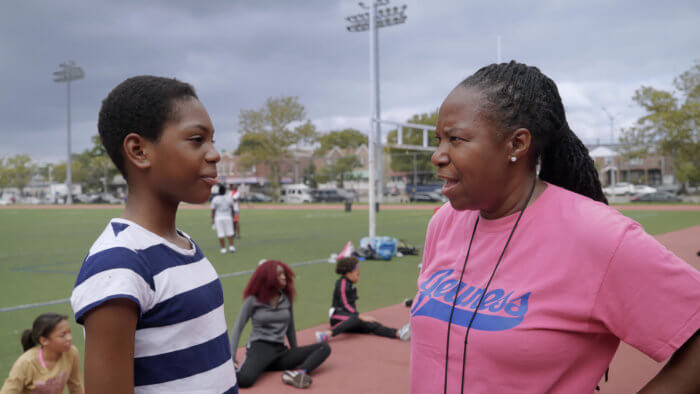
The documentary follows Tai, Rainn and Brooke, who are 12, 11 and 9, respectively, at the start of the doc, from spring 2017 through the summer of 2019. During their time at Jeuness, Bell was able to see the girls learn and grow on the track while experiencing their everyday lives
“Initially, we felt that Tai was the stronger runner. She has the strongest personality, the oldest, and we thought she was most talented. When new kids on the team, you don’t know what part of track and field is for them,” said Bell. “We got to know them better and found that they were all good at something. As it turned out, Rainn is a stronger runner, but they are all very determined, that’s what makes them all good runners.”
Throughout the documentary, Bell emphasizes how important it is for her runners, including the Sheppard sisters, to value their education. If her girls are acting out or if their grades start to slip, Bell provides consequences for those actions. However, Bell works hard to help the girls on her team acquire scholarships for high school and college.
“These are girls who mostly come from broken homes, disadvantaged and lower-income households. They need to go to college to make something their lives. Title 9 paved the way for them to get scholarships, but I tell parents all the time I can’t guarantee a full ride, but I can help her get her grades where they need to be,” said Bell. “This is a way to get out of a situation that a lot of girls are born into — it can be track and field or some other program that can help them to get a higher education.
“I was lucky when I was coming up, city colleges were free,” Bell added. “I realized not long ago that if city colleges and universities had not been free, I would not have gone to college. There is an abundance of scholarships for women now.”
The documentary premiered at the Tribeca Film Festival before moving over to its new home on Netflix.

“When Corinne van der Borch first approached us about the documentary, I thought it was just going to be a nice thing to document the girls,” said Bell. “It like it would be made to help girls and others who were homeless. I never thought it would be on Netflix or at Tribeca. It was all very surprising news for me, I didn’t know what it would encompass.”
Bell hopes that girls who watch “Sisters on Track” will be able to find a way to make something of themselves because there is always a chance for them to succeed.
“There is always a chance. It doesn’t have to be track and field, it can be science, technology, soccer — there’s always a way, a chance, a hope for you to have a better future, for you to do better than your parents did,” said Bell. “Girls are so undervalued in this country, so underestimated. You can do anything.”
“Sisters on Track” is now streaming on Netflix.
This story first appeared on AMNY.com.


